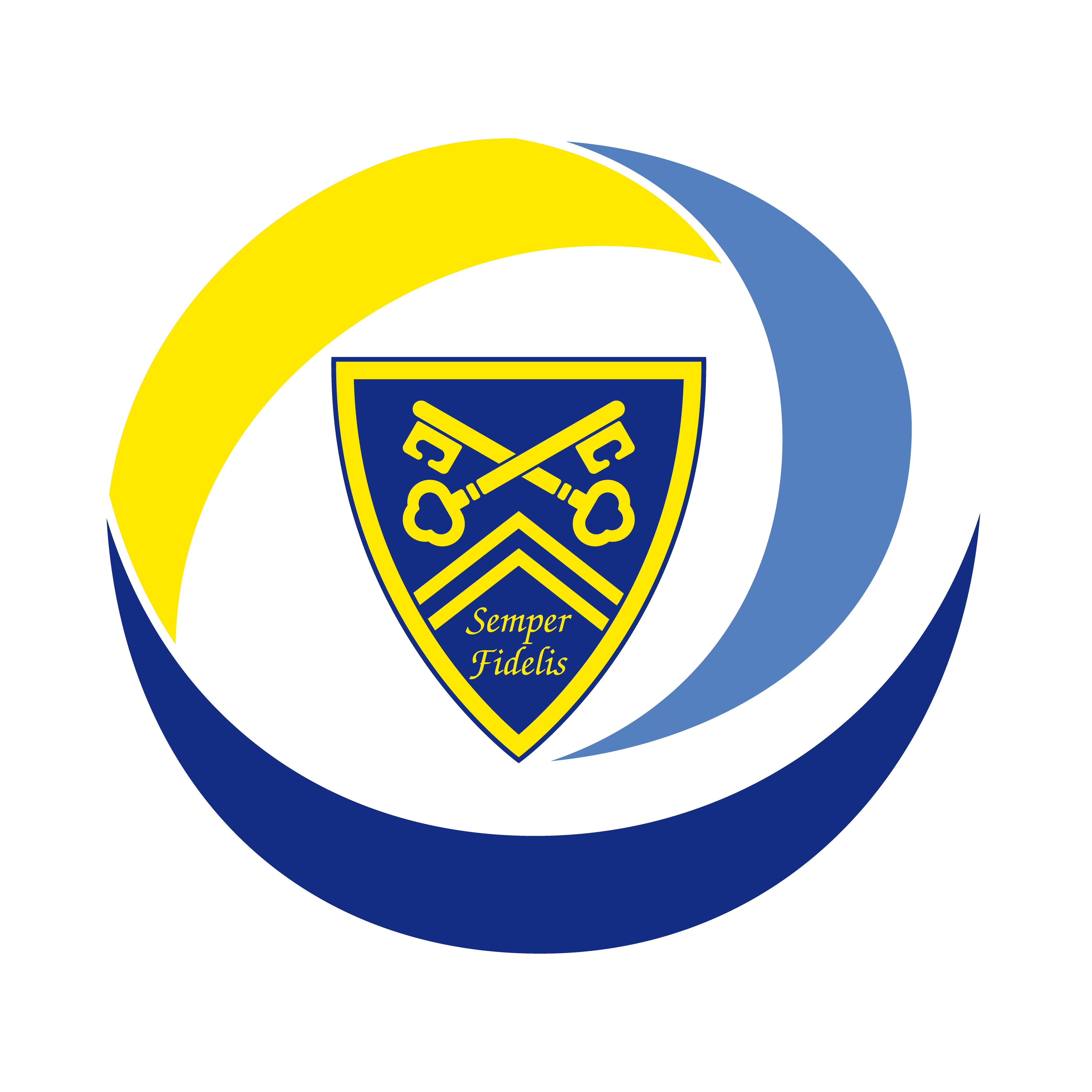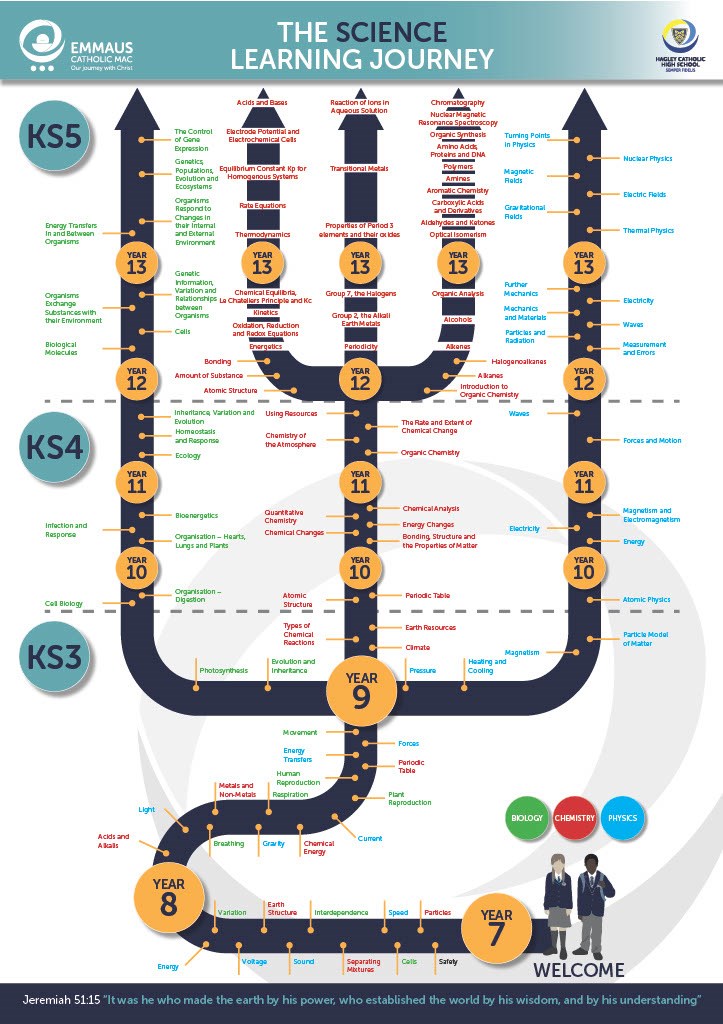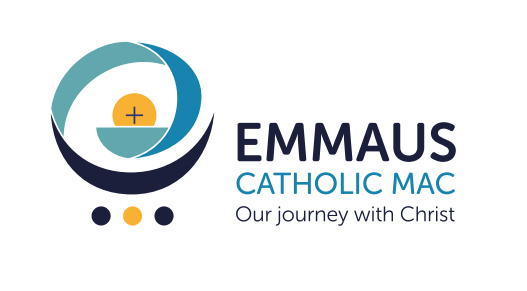Our Science Department
To view the curriculum mapping document and the 'learning journey' poster for Science, then please click on the links below. If you have any queries then please contact the Subject Leader.
Curriculum Aims
The aim of our Science curriculum is to enable all our students to understand, enjoy and marvel at the world around them, through lessons that challenge their thinking. We also strive to inspire future generations of scientists and researchers and equip them with the skills and knowledge needed to pursue these careers. We encourage our students to have a positive and practical approach to Science.
Our Key Stage Three curriculum builds on the skills, knowledge and understanding that pupils secure at Key Stage Two, whilst building the foundations needed for Key Stage Four, which is a core and compulsory GCSE subject. Throughout all stages, we build students understanding of all the fundamental principles of science, which are relevant to their lives during and beyond school, by providing a broad and academically rich curriculum. Scientific skills are entwined in the curriculum, so students can perform experiments, collect data, interpret data and form their own conclusions from it.







